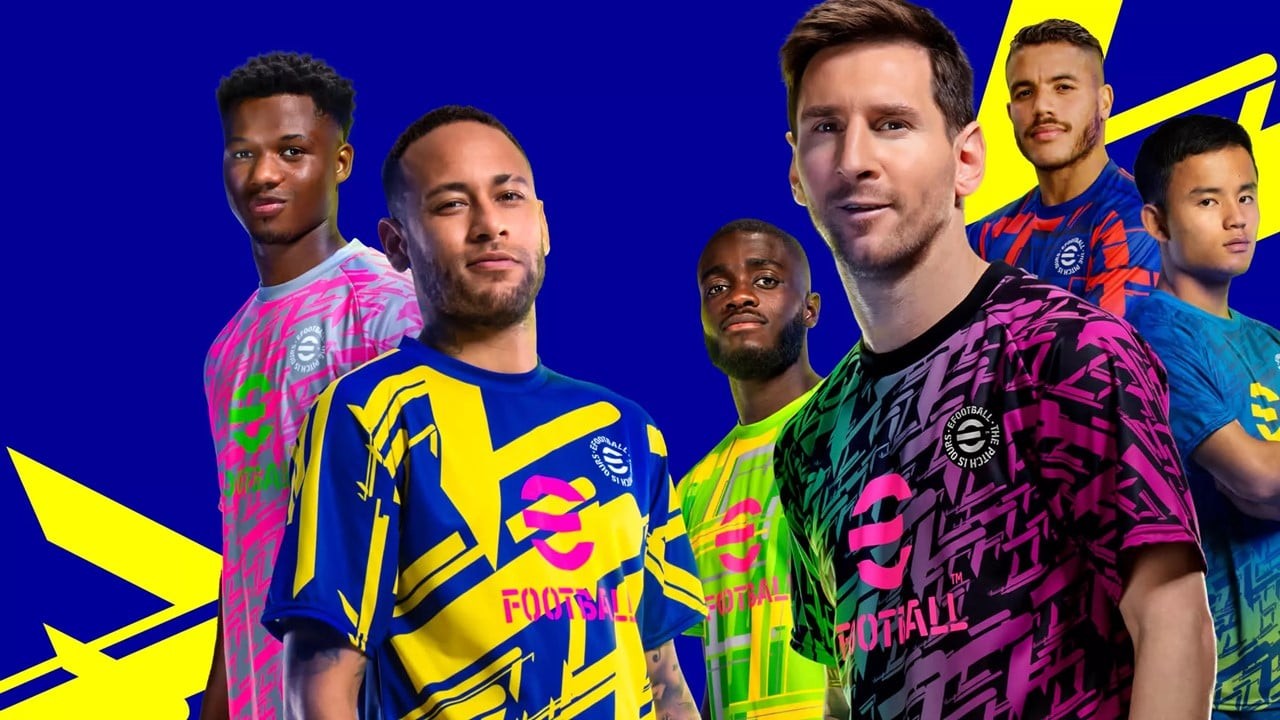Apple talks about privacy and praises the GDPR: “Applied everywhere”

Among the companies operating in the technology sector, Apple is among those who care the most privacy of customers. The way in which we try to protect it, and the rigid position on the sideloading of apps that the company strenuously opposes is just one of the most controversial examples that can be done, is clearly questionable, but the commitment, shareable or less on the merits, it is undeniable. To address the macro topic of privacy was Jane Horvath, Chief Privacy Officer Apple, during an interview with Elle magazine.
One of the most discussed cases in recent years is that of the iPhone which in December 2015 was in the possession of Syed Rizwan Farook, one of the attackers of the San Bernardino massacre: During the investigation, the FBI had asked Apple several times to access the iPhone 5c owned by the attacker, without success. At the time, Horvath had already been with Apple for four years and followed the story closely. To Elle, he substantially confirmed the position that Apple took, opposing the agency’s requests by virtue of the fact that the creation of a backdoor for that single iPhone would have jeopardized the safety of all other users.
Apple should have loosened the safety links of that iPhone 5c simply because doing so would “made every other phone vulnerable”Horvath reiterated. The story was resolvedaccording to what the Washington Post later learned, entrusting the iPhone to the “Mozart of exploits”, that is, programmer Mark Dowd of Azimuth, a small Australian security company.
During the San Bernardino case we were asked to access a phone found in the suspect’s car. A really difficult phase has opened. We would have opened that phone if we could have done it without affecting all the other phones, but we couldn’t. So we chose to protect all of our customers and resist the government’s request to change the operating system, an action that would effectively make every other phone vulnerable.
Besides, Jane Horvath learned right away how much was the theme of privacy felt at Apple. The CPO told what happened during the first meeting organized with the data engineers:
A colleague told me, “We could merge this data with all the others we’re collecting, aggregating it to identify someone, somehow. But we don’t want to.” Wow, I thought: I’ve come to a place that really protects privacy.
Horvath is convinced that privacy and security are two sides of the same coin. Even those who don’t normally care much about privacy would basically worry if their personal data ends up in a data leak caused by malware or a cyber attack, so the two go hand in hand: “If you don’t have security, you don’t even have privacy”. And among the most tempting opportunities for those who look at user data with interest is the tracking carried out on the web or by apps, a theme on which Apple has recently moved by giving users the opportunity to prevent apps from tracking them.
Stop for a moment when one of those notices appears and dwell on what it says – it is Horvath’s plea. Also periodically dwell on the choices you have made in the past: even when I want something I quickly make impulsive choices. If the data “goes out” it is very difficult then to bring it back.
I happen to go back to my choices about every month and exclaim, “What? Why on earth would I have to give this app access to my background location?”. The great thing about the way we’ve designed things is that you can go back and change your choices, so you can regain control.
When it comes to privacy, Horvath took a ride on the GDPR European, the EU data protection regulation which Apple has aligned itself with and which has given Apple the opportunity to treat all its customers equally. In fact, Horvath points out, Apple has not limited itself to thickening the mesh in terms of data protection in Europe required by the GDPR, but has worked for integrate the provision into their global policies:
We are essentially committed to guaranteeing all our customers the same rights as Europeans, no matter where they are. We have complied globally to ensure that all our customers are in the privileged position that Europe requires, when it comes to rights.




